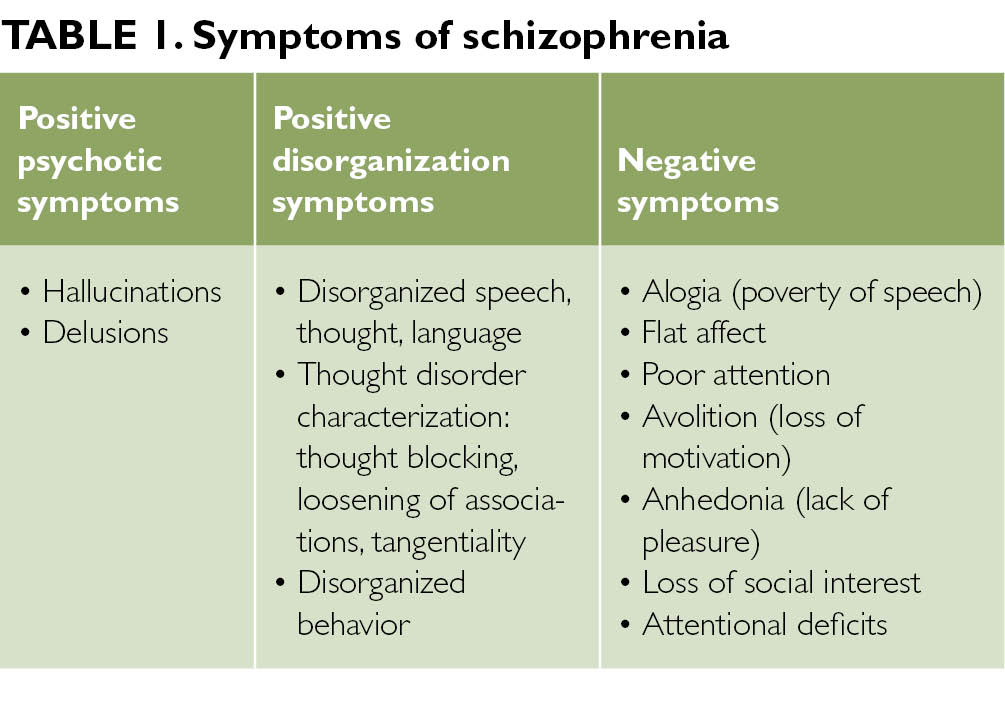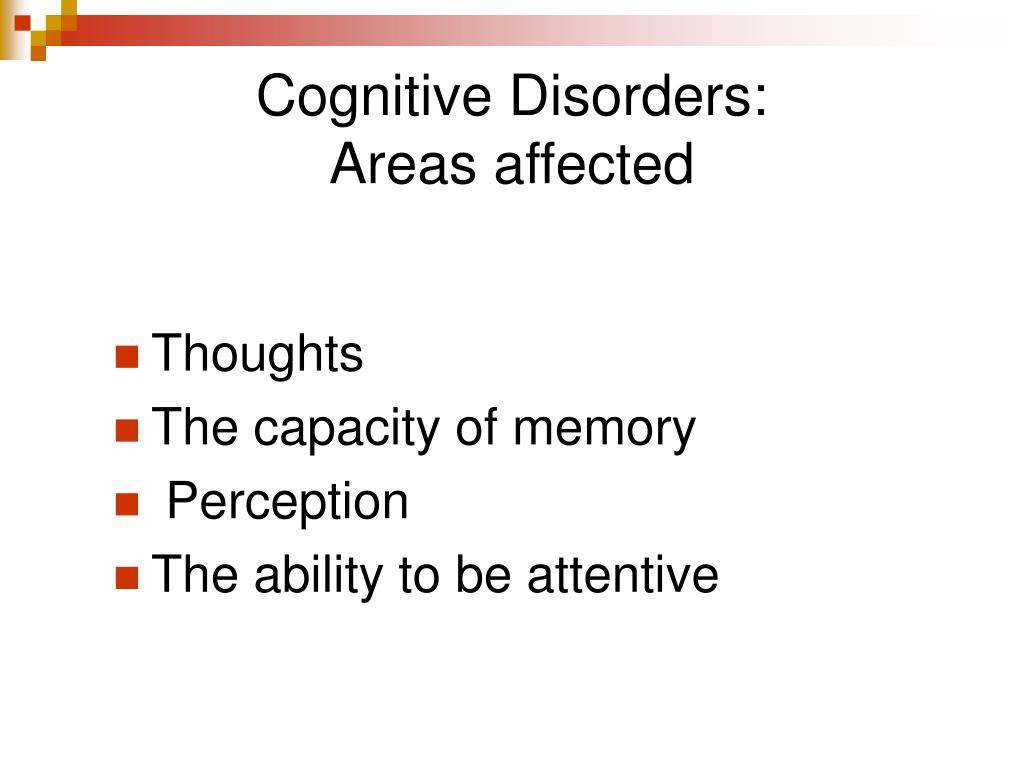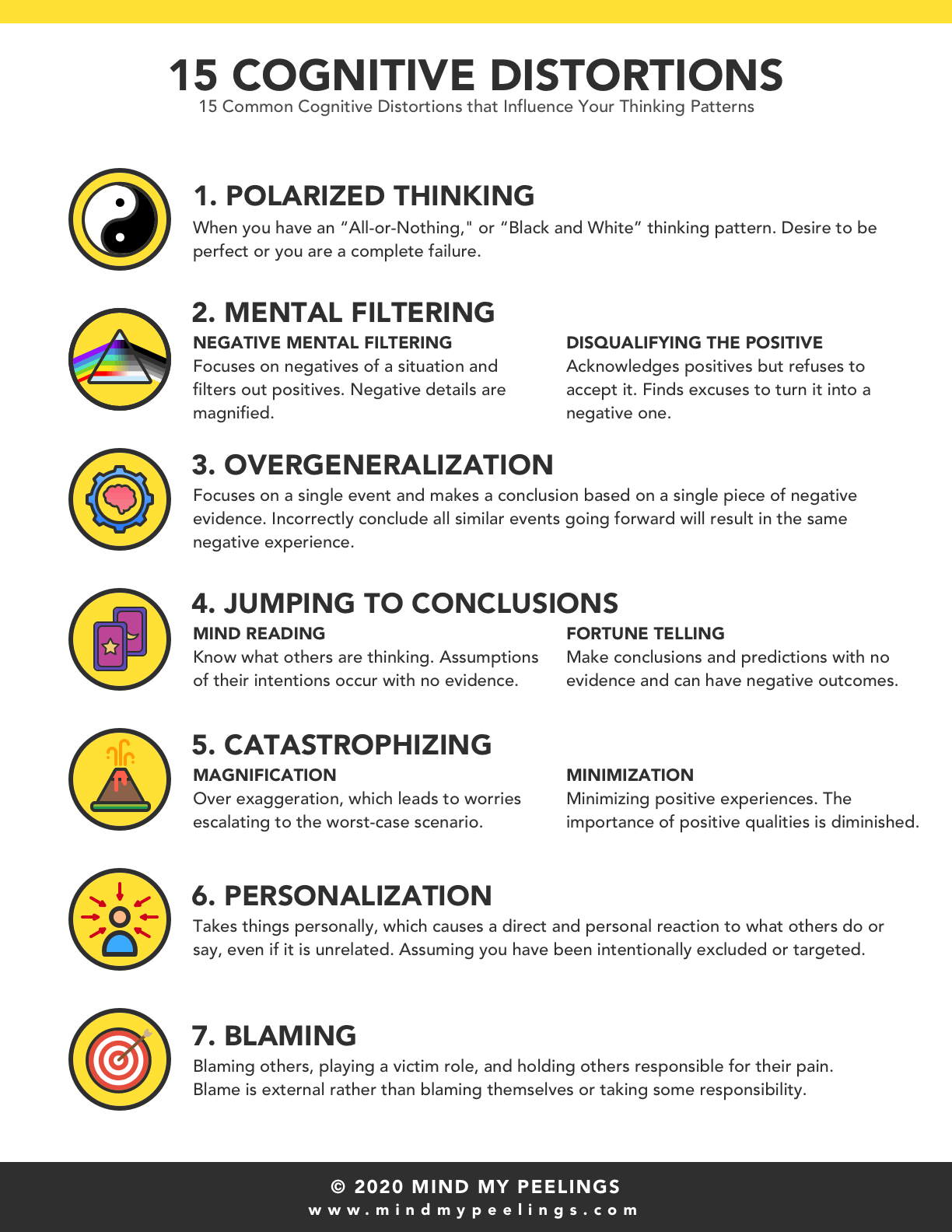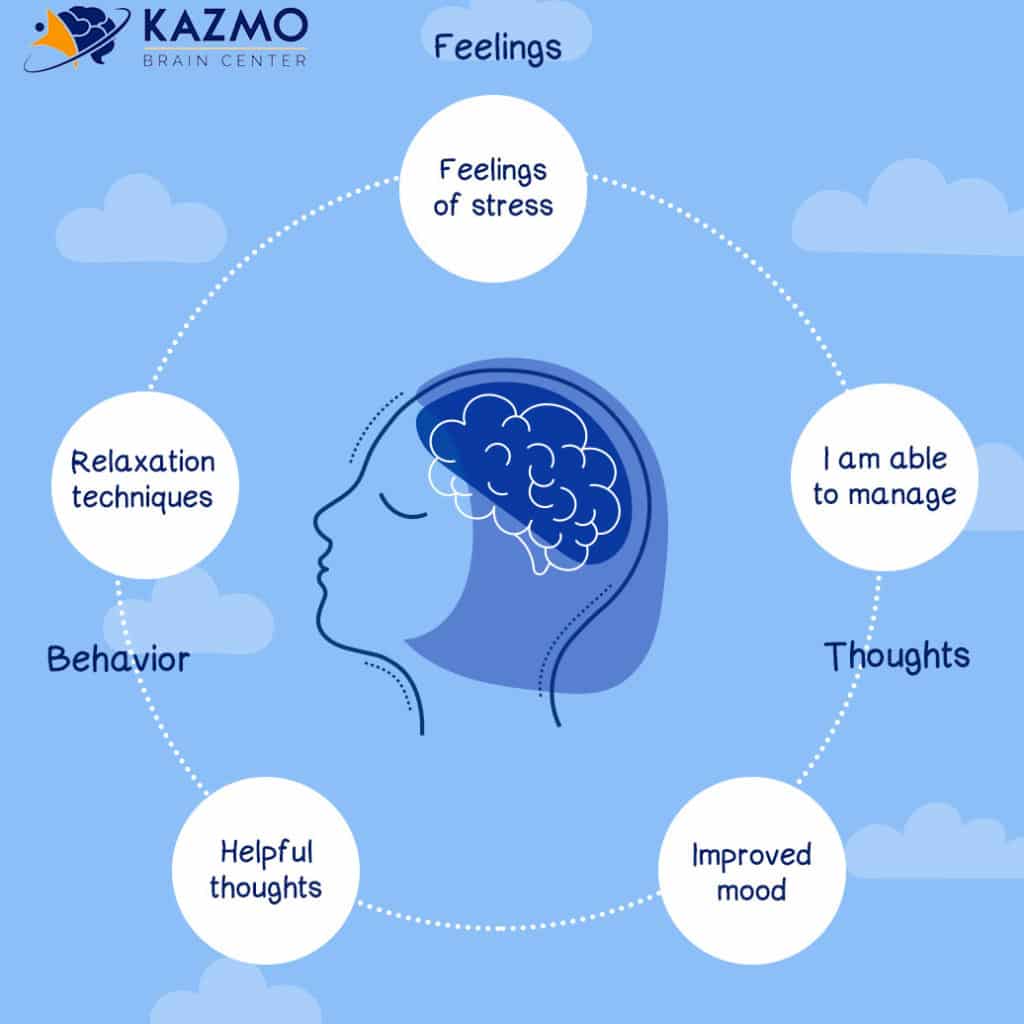Cognitive Thought Disorder
Cognitive Thought Disorder - ‘thought disorder’ is a mental health condition that affects a person’s ability to think and write clearly and logically. Formal thought disorder refers to an impaired capacity to sustain coherent discourse, and occurs in the patient’s written or spoken.
‘thought disorder’ is a mental health condition that affects a person’s ability to think and write clearly and logically. Formal thought disorder refers to an impaired capacity to sustain coherent discourse, and occurs in the patient’s written or spoken.
‘thought disorder’ is a mental health condition that affects a person’s ability to think and write clearly and logically. Formal thought disorder refers to an impaired capacity to sustain coherent discourse, and occurs in the patient’s written or spoken.
Schizophrenia a clinical overview The Clinical Advisor
‘thought disorder’ is a mental health condition that affects a person’s ability to think and write clearly and logically. Formal thought disorder refers to an impaired capacity to sustain coherent discourse, and occurs in the patient’s written or spoken.
What Are Cognitive Distortions and What to Do About Them?
Formal thought disorder refers to an impaired capacity to sustain coherent discourse, and occurs in the patient’s written or spoken. ‘thought disorder’ is a mental health condition that affects a person’s ability to think and write clearly and logically.
PPT Cognitive Disorders PowerPoint Presentation, free download ID
Formal thought disorder refers to an impaired capacity to sustain coherent discourse, and occurs in the patient’s written or spoken. ‘thought disorder’ is a mental health condition that affects a person’s ability to think and write clearly and logically.
13 Cognitive Distortions Identified in CBT
‘thought disorder’ is a mental health condition that affects a person’s ability to think and write clearly and logically. Formal thought disorder refers to an impaired capacity to sustain coherent discourse, and occurs in the patient’s written or spoken.
13 Common Cognitive Distortions Live Well with Sharon Martin
‘thought disorder’ is a mental health condition that affects a person’s ability to think and write clearly and logically. Formal thought disorder refers to an impaired capacity to sustain coherent discourse, and occurs in the patient’s written or spoken.
Cognitive Impairment in MS Symptoms, Diagnosis, Treatment
Formal thought disorder refers to an impaired capacity to sustain coherent discourse, and occurs in the patient’s written or spoken. ‘thought disorder’ is a mental health condition that affects a person’s ability to think and write clearly and logically.
Neurocognitive domains. The DSM5 defines six key domains of cognitive
‘thought disorder’ is a mental health condition that affects a person’s ability to think and write clearly and logically. Formal thought disorder refers to an impaired capacity to sustain coherent discourse, and occurs in the patient’s written or spoken.
15 Common Cognitive Distortions — Mind My Peelings
‘thought disorder’ is a mental health condition that affects a person’s ability to think and write clearly and logically. Formal thought disorder refers to an impaired capacity to sustain coherent discourse, and occurs in the patient’s written or spoken.
PPT Chapter 15 Cognitive Disorders PowerPoint Presentation, free
‘thought disorder’ is a mental health condition that affects a person’s ability to think and write clearly and logically. Formal thought disorder refers to an impaired capacity to sustain coherent discourse, and occurs in the patient’s written or spoken.
All you Need to Know About Cognitive Behavioral Therapy Kazmo Brain
Formal thought disorder refers to an impaired capacity to sustain coherent discourse, and occurs in the patient’s written or spoken. ‘thought disorder’ is a mental health condition that affects a person’s ability to think and write clearly and logically.
Formal Thought Disorder Refers To An Impaired Capacity To Sustain Coherent Discourse, And Occurs In The Patient’s Written Or Spoken.
‘thought disorder’ is a mental health condition that affects a person’s ability to think and write clearly and logically.





:max_bytes(150000):strip_icc()/cognitive-dysfunction-symptom-multiple-sclerosis-2440794-01-42627d167dd742a58f5ee8b668b5b886.png)



